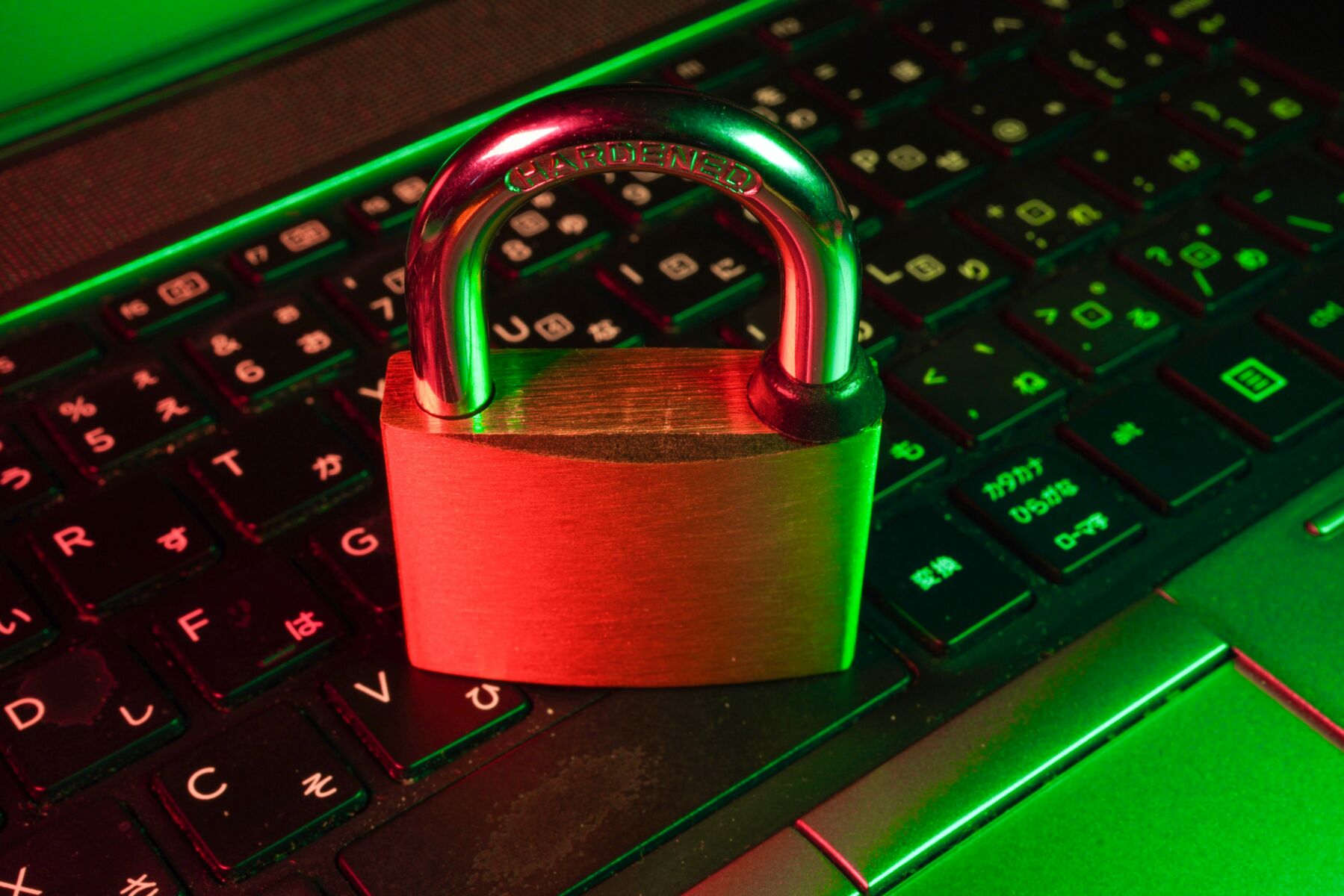Thailand biz shields up: Low cyberattacks, high cybersecurity worries in ASEAN

In the past year, Thai corporations experienced the lowest number of disruptive cyberattacks among ASEAN nations, with only 22% reporting an increase in incidents by 50% or more, according to a recent survey by global cybersecurity firm Palo Alto Networks. However, cybersecurity remains a significant concern for Thai businesses as they grapple with increasingly complex threats.
The survey, which examined the cybersecurity landscape in ASEAN, revealed that 60% of Southeast Asian companies, including 57% in Thailand, are particularly concerned about malware. The study, conducted in April, gathered insights from 500 corporate IT decision-makers and business leaders across five key sectors: banking and finance, public sector and government services, telecommunications and technology, retail, hotel, food and beverage, as well as transport, logistics, and manufacturing.
Tatchapol Poshyanond, the country director for Thailand and Indochina at Palo Alto Networks, highlighted that Thai organisations face three key cybersecurity challenges: unmonitored and unsecured IoT devices (as raised by 54% of respondents), a requirement for a wider range of cybersecurity solutions (47%), and an increase in digital transactions with third parties (47%), reported Bangkok Post.
For Thai organisations, the most worrisome threats are malware (57%), account takeover (57%) and password attacks (53%). Despite these concerns, the study identified that Thai corporates had the lowest cybersecurity risk exposure in ASEAN, with only 37% of Thai organisations perceiving a high or very high risk from cyber threats.
However, Tatchapol cautioned against complacency, emphasising that the lower number of disruptive cyber-attacks in Thailand does not mean organisations should be comfortable with the survey’s outcomes.
“Cybersecurity still needs to be at the top of the minds of management, as threat actors continue to evolve in their tactics and sophistication.”
The report also conveyed that 49% of Thai respondents have increased their cybersecurity budget in response to operational optimisation (54%), new or changing data privacy laws (44%), rising digitisation (37%) and an evolving threat landscape (37%).
In terms of cybersecurity strategies, Thai organisations are focusing on securing IoT/OT (43%), overhauling threat detection and correlation systems/platforms (40%), identity and access management (38%) and security orchestration, automation and response (SOAR) strategies for security operation centres (38%).
Tatchapol highlighted the need for robust IT infrastructure, particularly for industries like banking and finance, which are continually undergoing digital transformation and face intense competition.
“Attack surfaces continue to expand with digital transformation.”
Follow more of The Thaiger’s latest stories on our new Facebook page HERE.
Latest Thailand News
Follow The Thaiger on Google News:


























